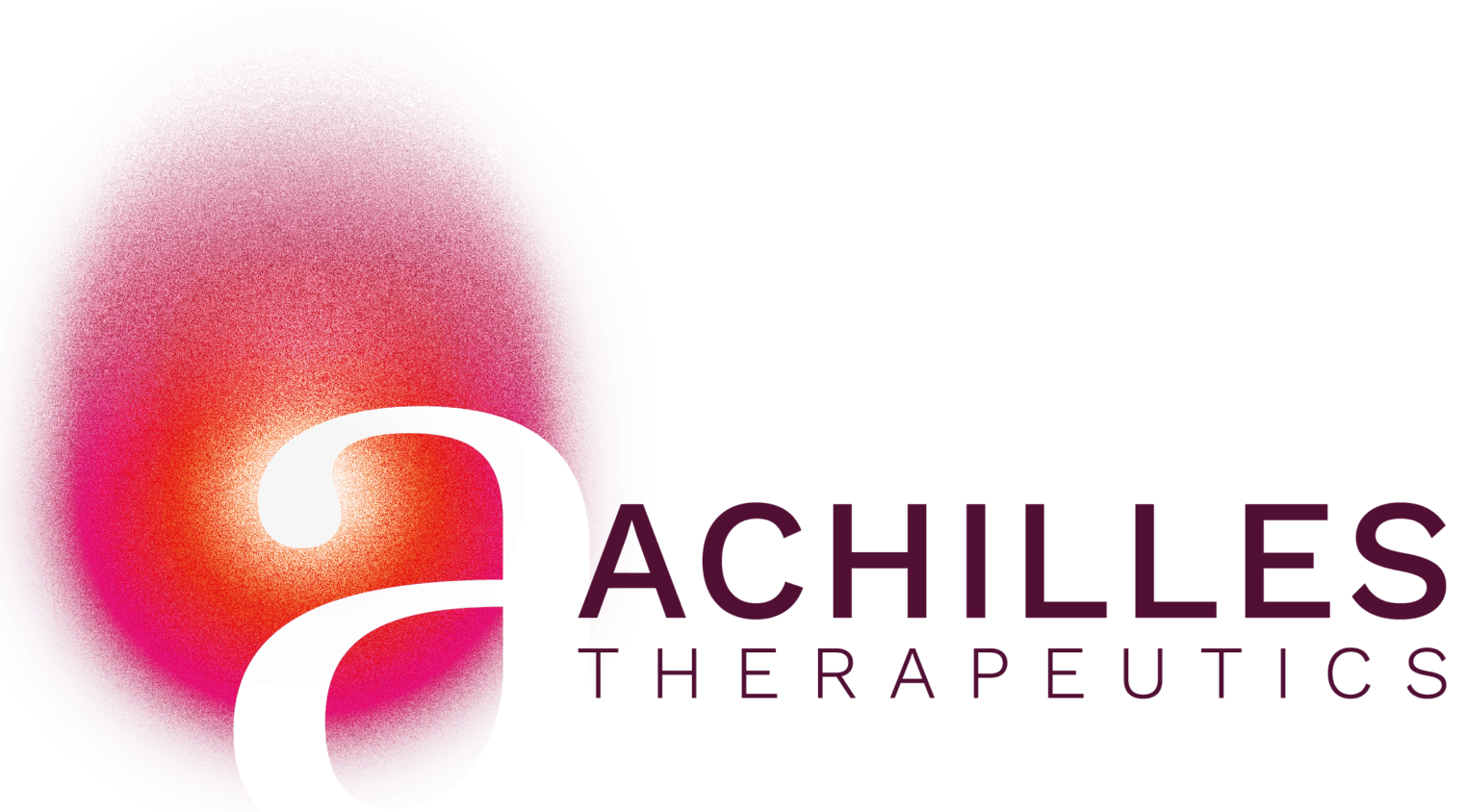Stevenage, UK 21 January 2019 — Achilles Therapeutics (“Achilles”), a biopharmaceutical company developing personalised cancer immunotherapies, today announces that its Clinical Trial Application (CTA) to conduct a Phase I/II study with its lead product, a tumour-derived T cell therapy targeting clonal neoantigens, in development for the treatment of advanced Non-Small Cell Lung Cancer (NSCLC), has been approved by the UK regulatory authority, the Medicines and Healthcare products Regulatory Agency (MHRA). The study, an open-label, multi-centre Phase I/II trial evaluating the safety and clinical activity of clonal neoantigen T cells (cNeT) in patients with advanced NSCLC, is expected to enrol the first patient in 2H 2019.
“Approval of our first CTA represents an important validation of our approach and a significant milestone for Achilles,” said Dr Iraj Ali, CEO of Achilles Therapeutics. “Achilles was founded by world-leading experts in cancer evolution, bioinformatics and the delivery of cell-based immunotherapies and we are bringing together these disciplines to develop next-generation, patient-specific T cell therapies that harness the immune system to destroy cancer cells.”
“The Achilles approach is a technological step forward in the immune-oncology space with the potential to bring the next wave of revolutionary new immunotherapies to cancer patients,” said Dr Martin Forster, Chief Investigator for the study at University College London Hospitals (UCLH), the lead clinical site. “We are excited to be part of the study and look forward to enrolling patients into the clinical trial.”
Achilles is developing personalised T cell therapies for solid tumours targeting clonal neoantigens: protein markers unique to each patient that are present on the surface of a cancer cell. Using its PELEUSTM bioinformatics platform, Achilles can identify clonal neoantigens from each patient’s unique tumour profile which are present on every cancer cell and can be recognised by the immune system. Achilles uses its proprietary process to manufacture clonal neoantigen T cells (cNeT) which exquisitely target the specific set of clonal neoantigens in each patient. The starting material for cNeT are tumour infiltrating lymphocytes (TILs) which are isolated from the patient’s own tumour sample. These T cells are already programmed to invade and attack the tumour, and previous clinical studies have shown that expanded TILs can debulk solid tumours with durable and potent responses. Targeting multiple clonal neoantigens that are present on all cancer cells, but not on healthy cells, reduces the risk that new mutations can induce immune evasion and therapeutic resistance, and allows individualised treatments to target and destroy tumours without harming healthy tissue.
A second clinical study in patients with metastatic or recurrent melanoma is anticipated to open later in 2019.
— Ends —
Further information:
Achilles Therapeutics
Dr Iraj Ali — Chief Executive Officer
+44 (0)1438 906 906
media@achillestx.com
Julia Wilson — Head of Communications
+44 (0)7818 430877
juliawilsonuk@gmail.com
Consilium Strategic Communications
Mary-Jane Elliott, Sukaina Virji, Melissa Gardiner
Tel: +44 (0) 203 709 5000
Email: achillestx@consilium-comms.com
Notes for Editors:
About Achilles Therapeutics
Achilles Therapeutics is a biopharmaceutical company developing personalised T cell therapies targeting clonal neoantigens: protein markers unique to the individual that are expressed on the surface of every cancer cell. Achilles uses DNA sequencing data from each patient, together with the proprietary PELEUSTM bioinformatics platform, to identify clonal neoantigens specific to that patient and develop personalised immunotherapies. Achilles’ lead product is a personalised tumour-derived T cell therapy targeting clonal neoantigens.
Achilles was founded by lead investor Syncona Ltd and its shareholders include the CRT Pioneer Fund, UCL Technology Fund, Cancer Research Technology, with the support of UCL Business (UCLB) and the Francis Crick Institute. For further information please visit the Company’s website at: www.achillestx.com
About Lung Cancer
Lung cancer, which forms in the tissues of the lungs, usually within cells lining the air passages, is the leading cause of cancer death worldwide. Each year, more people die of lung cancer than die of colon, breast and prostate cancers combined. The two main types of lung cancer are non-small cell and small cell. Non-small cell lung cancer (NSCLC) is the most common type of lung cancer, accounting for about 85% of all cases. The five-year survival rate for patients diagnosed in the United States with any stage of lung cancer is estimated to be 18%.
